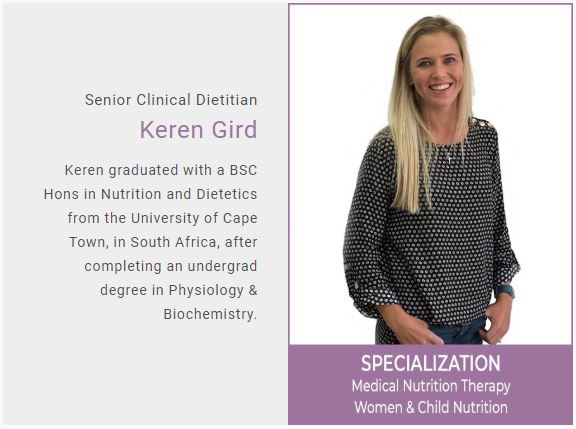
A well-planned vegan diet can provide ample nutrition to support overall health and well-being. However, there are certain vitamins and minerals that may be more challenging to obtain from plant-based sources alone. By understanding the essential nutrients required for optimal health on a vegan diet plan Dubai and incorporating a variety of nutrient-rich foods, individuals can ensure they meet their nutritional needs without relying on animal products.
Vitamin B12:
Vitamin B12 is essential for nerve function, DNA synthesis, and the formation of red blood cells. Since it is primarily found in animal products, vegans may be at risk of deficiency if not supplemented or consumed through fortified foods. To ensure an adequate intake of vitamin B12, include fortified foods such as plant-based milks, breakfast cereals, nutritional yeast, or consider taking a B12 supplement.
Iron:
Iron is crucial for transporting oxygen throughout the body and supporting energy production. While plant-based sources of iron are abundant, the type of iron found in plant foods (non-heme iron) is less readily absorbed than the iron found in animal products (heme iron). To enhance iron absorption, consume iron-rich foods such as lentils, beans, tofu, spinach, and fortified cereals with sources of vitamin C, such as citrus fruits, bell peppers, or tomatoes.
Calcium:
Calcium is essential for bone health, muscle function, and nerve transmission. While dairy products are commonly associated with calcium, there are plenty of plant-based sources available to vegans. Incorporate foods such as fortified plant milks, tofu, leafy greens (e.g., kale, collard greens), almonds, sesame seeds, and calcium-set tofu into your diet to meet your calcium needs.
Vitamin D:
Vitamin D plays a crucial role in bone health, immune function, and mood regulation. While sunlight exposure is a primary source of vitamin D, it may be challenging to obtain adequate amounts, especially in regions with limited sunlight or during winter months. Consider consuming fortified foods such as plant-based milks, breakfast cereals, or taking a vitamin D supplement to ensure sufficient intake.
Omega-3 fatty acids:
Omega-3 fatty acids are essential for heart health, brain function, and inflammation regulation. While fatty fish is a common source of omega-3s, vegans can obtain these essential fats from plant-based sources such as flaxseeds, chia seeds, hemp seeds, walnuts, and algae-based supplements.
Zinc:
Zinc is essential for immune function, wound healing, and DNA synthesis. While zinc is found in plant foods such as legumes, nuts, seeds, and whole grains, its absorption may be hindered by phytates present in these foods. To enhance zinc absorption, soak, sprout, or ferment grains and legumes, and consume zinc-rich foods alongside sources of vitamin C.